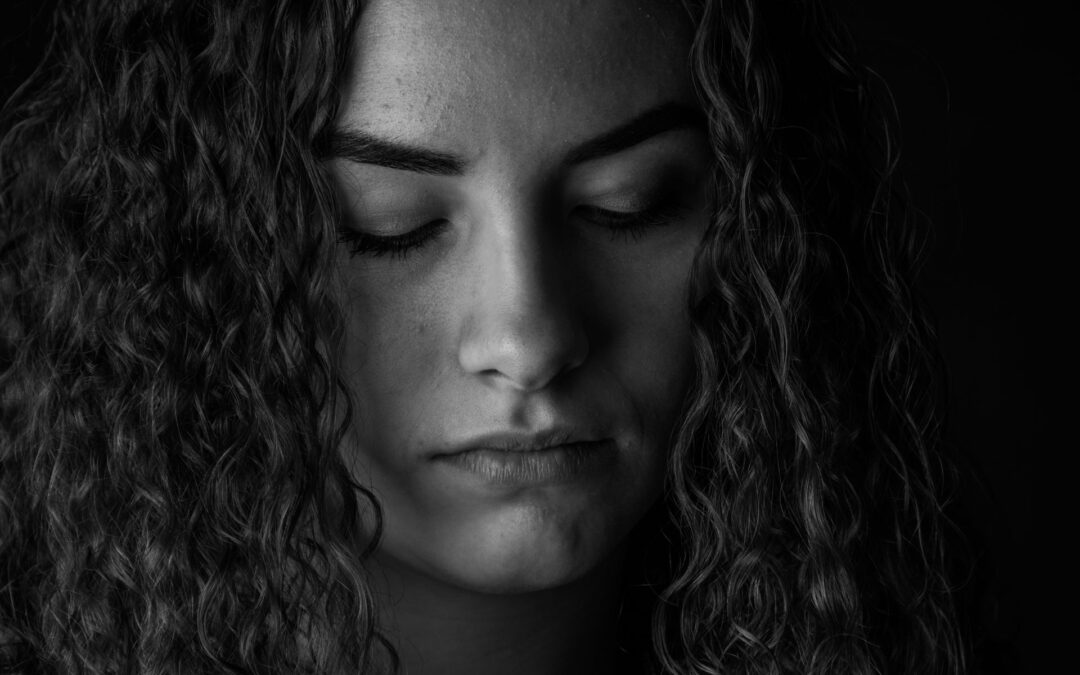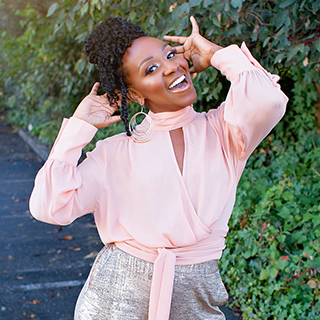More than 17 million Americans face this oppressive medical condition each year. But women can find themselves having to deal with it on top of other factors that men don’t face.
The signs of depression in women can make a significant impact. That’s especially true when coupled with societal and medical pressures they already face.
Keep reading to discover the top signs of depression in women.
Signs of Depression in Women and Men That Are Shared
First, to understand how depression in women differs from that of depression in general, it helps to know the symptoms shared between the sexes.
Both sexes may experience:
- Loss of interest in favorite activities
- Irritability or unexplained anger
- Sleep changes (insomnia, oversleeping, or restless sleep)
- Changes in appetite or weight (overeating or not eating enough)
- Fatigue and decreased energy levels
- Anxiety and panic attacks
- Aches and pains
These manifestations of depression are common but not necessarily all-inclusive. And, as you’re about to see, women see unique triggers for these and other symptoms.
Depression Signs That Are Unique to Women
Women deal with health and societal pressures that can make depression a unique problem for them. This goes one step further for women of color who can add systemic issues to the mix with cultural and racial discrimination factors weighing the impact.
Specifically, women can see exclusive depression challenges in these areas.
Pregnancy and Menstruation
Postpartum depression is a type of depression that can affect women after they give birth. Symptoms can include feeling sad, anxious, or overwhelmed; having problems sleeping or eating; feeling confused, guilty, or helpless; and thinking about harming oneself or the baby.
Postpartum depression can be mild, moderate, or severe. It usually starts within the first few weeks after giving birth, but it can begin during pregnancy or up to a year after childbirth.
Premenstrual dysphoric disorder (PMDD) is a severe, sometimes disabling extension of premenstrual syndrome (PMS). PMDD affects approximately 5 percent of menstruating women, and its symptoms are more intense than those of PMS.
Symptoms of PMDD include depression, anxiety, irritability, mood swings, fatigue, and insomnia. PMDD symptoms typically begin seven to ten days before menstruation and end when menstruation begins.
Perimenopausal Transition
Women also may find themselves seeking help for depression when dealing with perimenopausal depression.
Perimenopausal depression is a type of depression that can occur in the years leading up to menopause. It may also occur during or after menopause.
The symptoms of perimenopausal depression are similar to the symptoms of other types of depression, but they may be more severe.
How to Cope With Depression
Women and women of color can cope with depression by seeing a therapist and discussing their situation with a medical doctor. Depression is a serious condition that can be effectively treated through therapy, medication, or a combination of the two.
Therapy, in particular, is a great choice no matter the severity of depression. That’s because therapy can help you understand and work through the unique challenges women face that may contribute to their depression. Furthermore, therapy can provide skills to manage symptoms, live a fuller life, and prevent relapse.
Depression Does Not Have to Rule Your Life
If you’re struggling with depression, please reach out for help. Depression is treatable. That’s possible by getting a proper diagnosis and addressing the signs of depression in women when they occur.
Are you ready to loosen depression’s hold over your thoughts, feelings, and actions? Then, it’s time to take action.
Call Honor Your Emotions today for a consultation and to set up your first appointment. We’re ready to help you live the life you deserve.
Honor Your Emotions is a therapy practice in Dublin, CA serving the East Bay Area including Pleasanton, San Ramon, Livermore and Danville.
Call (925) 577-4732 today for a free consultation!
More Posts About Anxiety & Depression:
- Living With Anxiety: 7 Ways to Cope
- The Different Types of Anxiety Disorders
- How to Spot & Help Anxiety in Teens
- Tips on How to Leave an Abusive Relationship
- Self-Security: The Root of it All
- What to Know About Dealing With Depression
- The Warning Signs of Teen Depression


